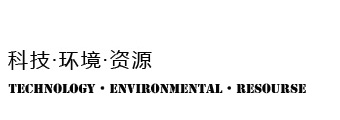Global worry for electronic waste
With mobile phones, computers and other electronic products in countries of the replacement rate is accelerating, e-waste has become a huge environmental and health risks. These headache how to solve the garbage and recycling has become Governments facing problems. But worrying is that some developed countries than in the recycling, but also a large number of e-waste exports to developing countries, and this is one way to solve the e-waste to developing countries, created a greater environmental problem.
UN survey released UNEP report shows that in Benin, Cote d’Ivoire, Ghana, Liberia and Nigeria five countries produce about 100 tons of electronic waste per year. While developed countries for these waste generation have great responsibilities.
2009 Ghana imports about Qi Cheng appliance is second hand, half of which can not be used as a result of e-waste is discarded; Nigeria in 2010 imported second-hand electrical appliances 85% from European countries. Deputy Representative of the United Nations Environment Africa Desta · Mei Bula FIG regretfully admit that the African continent is becoming a developed country discarded electronic products discarded huge garbage dump.
People even more disturbing is that in Africa over the past 10 years, the rate of personal computers has increased by 10%, while mobile phone ownership rate is doubled, it will inevitably lead to a large amount of e-waste in the future.
Due to the lack of adequate collection and recycling equipment, coupled with relevant laws and loopholes, the majority of African e-waste are stored in open dumps, wasteland and even flood the beach and other locations. E-waste, lead, mercury, cadmium and other heavy metals and combustion of dioxin and other toxic organic compounds can penetrate into the air, soil and groundwater, a serious threat to the local environment and residents’ health and even cause cancer, skin diseases and other diseases.
As long as government policy and to give adequate financial support, e-waste recycling will become a rewarding new industries. Nigeria’s Ministry of Environment Permanent Secretary Mohammed Bashar believes that e-waste problem is not only a threat, but also contains opportunities. “For vulnerable groups living in the city, they both may be affected by the toxic e-waste can be obtained income from recycling electronic waste, and improve the local natural environment.”







Leave a Comment